
In November last year, it was officially announced that Bournemouth University was part of the successful South West Doctoral Training Partnership (SWDTP) re-bid to the ESRC. Being part of the SWDTP provides prestigious opportunities to compete for PhD Studentships and Post-Doctoral Fellowships. There are also a number of other benefits including funding available to staff at institutions affiliated with the SWDTP and being part of a wider community of postgraduate students.
The SWDTP is made up of the Universities of Bristol, Bath, Bath Spa, Bournemouth, Exeter, Plymouth, Plymouth Marjons and UWE. The SWDTP ‘Hub’ (based at the University of Bristol) manages an annual competitive process, on behalf of the ESRC, to award up to 34 PhD studentships and 4 Post-Doctoral Fellowships. Bournemouth were invited to join the re-bid in pathways that aligned to the ESRC remit and which scored above an ESRC set threshold in the REF 2021 exercise. Aligned to UoAs 4 (Psychology), 14 (Geography & Environmental Studies), and 24 (Sport & Exercise Sciences, Leisure & Tourism), BU are eligible to apply for studentships across three of the 17 SWDTP pathways: Psychology; Climate Change, Sustainability & Society; and, Health, Well-being & Society.
Despite an exceptionally short window in November last year, we were able to run a limited and streamlined process that enabled us to compete for a limited number of studentships. We are delighted that we will have 2 new ESRC funded studentships begin in September of this year. We are now in the process of developing our first full PhD application round for students who would start in September 2025. The Post-Doctoral Fellow competition is likely to take place in March next year. With 8 institutions aligned to 17 pathways and 34 studentships available annually, these studentships are, understandably, extremely competitive. As such, we are looking to support prospective postgraduate students in the development of competitive applications.
Whilst much of our messaging is oriented toward attracting potential students and developing competitive applications, we are keen to ensure all BU staff who align to the three pathways are aware of these potential opportunities. Indeed, two of the pathways in which we are eligible to apply are interdisciplinary pathways (Climate Change, Sustainability & Society; Health, Well-being & Society). This means that applications may well be strengthened through projects that draw on a number of disciplinary approaches, provided there remains alignment to the UoAs highlighted above and satisfy the ESRC criteria for Social Science.
At this stage, and in the first instance, we just wanted to make colleagues aware of these potential opportunities and outline a few ways you may want to get involved / be visible for future candidates. We would be happy to add colleagues aligned to these pathways to our own internal webpages (see links below) and to email distribution groups. If you would like to be added, please do message the relevant pathway leads (listed below). Also, if you are aware of potential students who may be interested in applying please do feel free to get in touch with the relevant pathway lead. Further, you are able to add your own details to the SWDTP prospective supervisor database in any of the three pathways which BU are currently involved. You are able to add yourself to this database here (deadline is 26th September).
Finally, we will be running a couple of ‘lunchbite’ sessions via the Doctoral College in September / October oriented toward academic colleagues (we will run prospective student sessions in due course). These are designed to provide a little more information about the SWDTP, the pathways to which we belong, the timelines for 2025 cohort applications, and aid supervisors with supporting potential applicants. Please do look out for more information coming soon about these sessions.
BU SWDTP Pathways

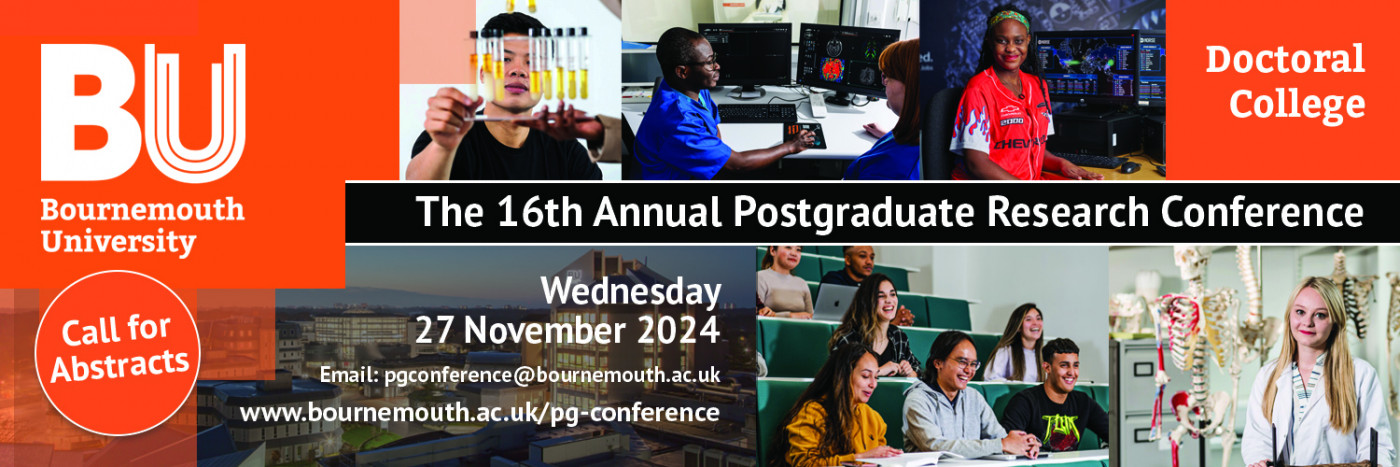
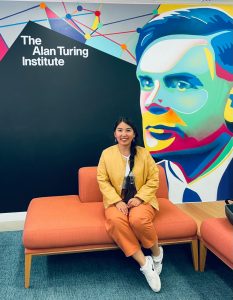
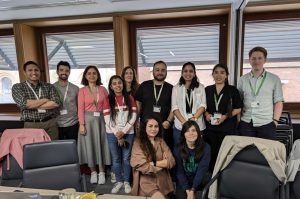


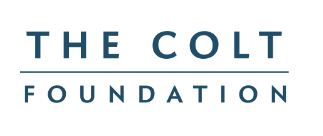
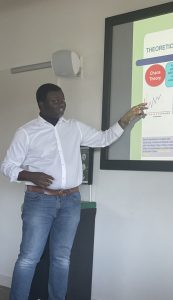

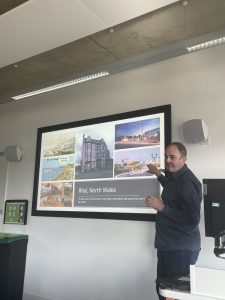
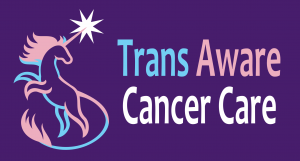

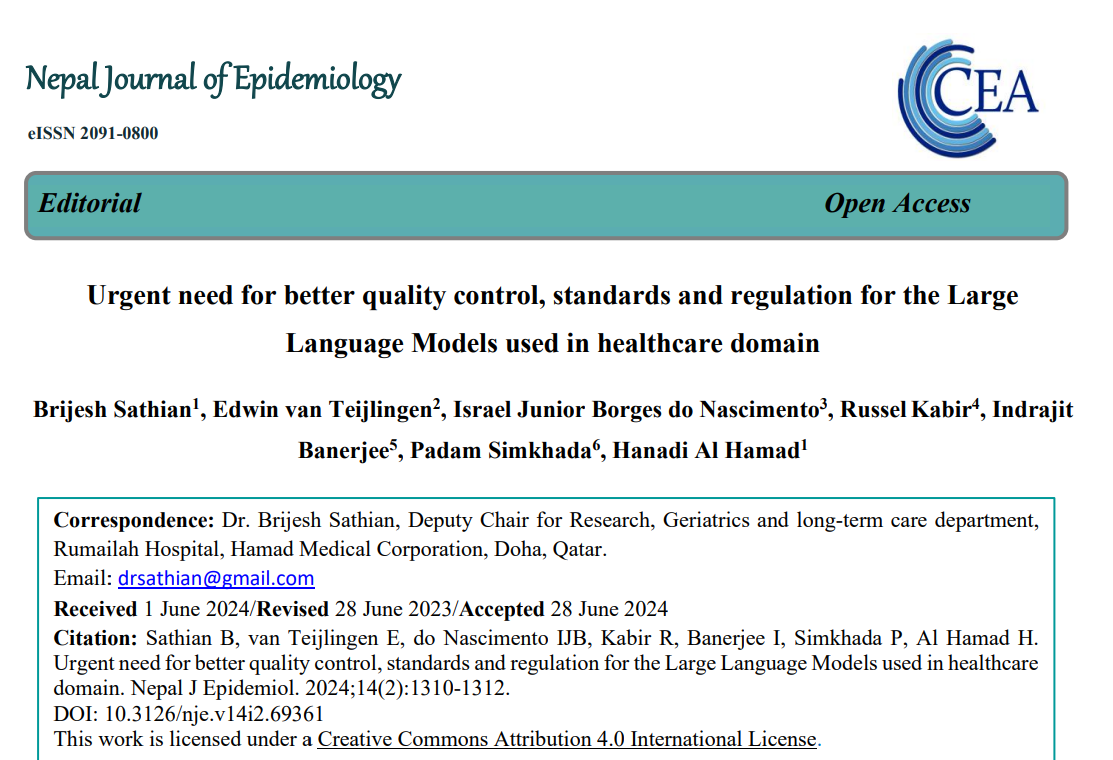

 UK Postdoc Appreciation Week
UK Postdoc Appreciation Week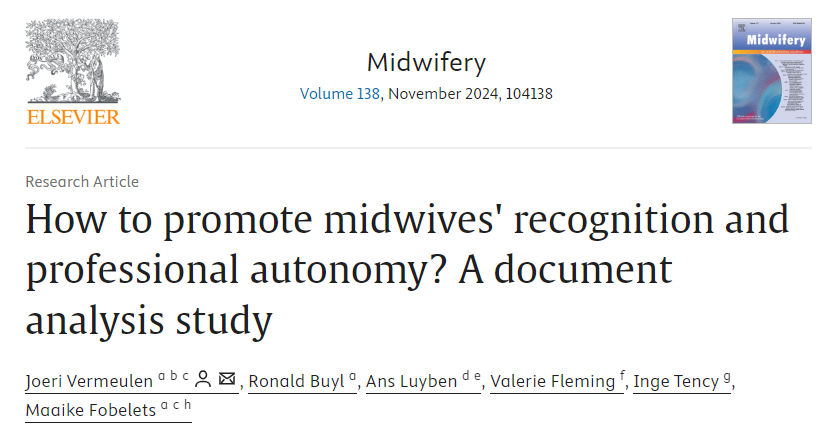





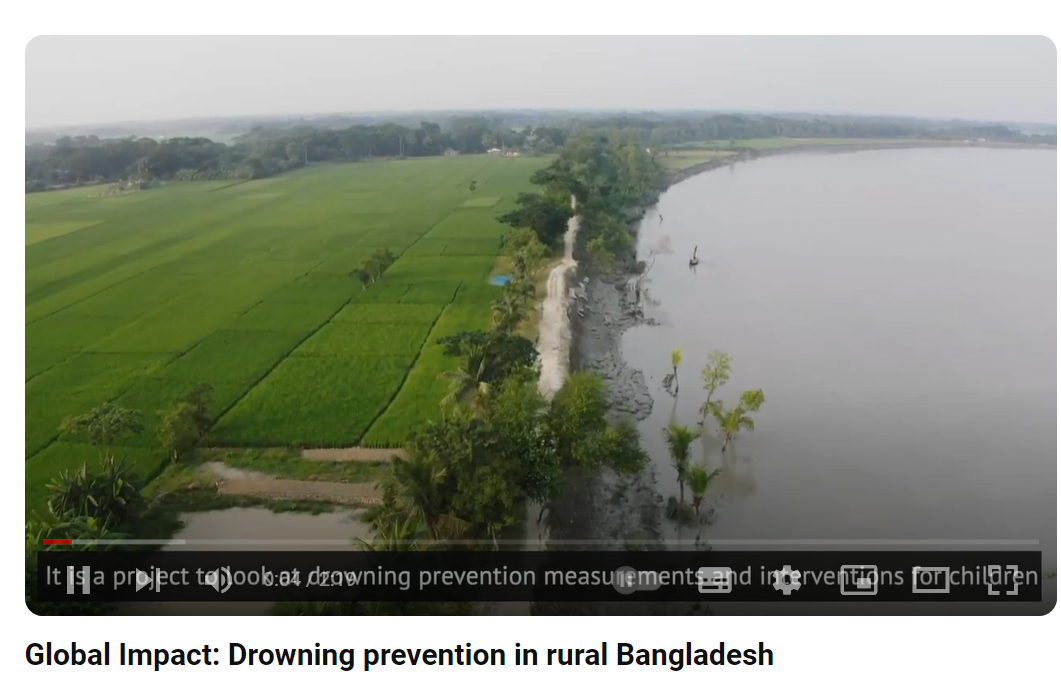

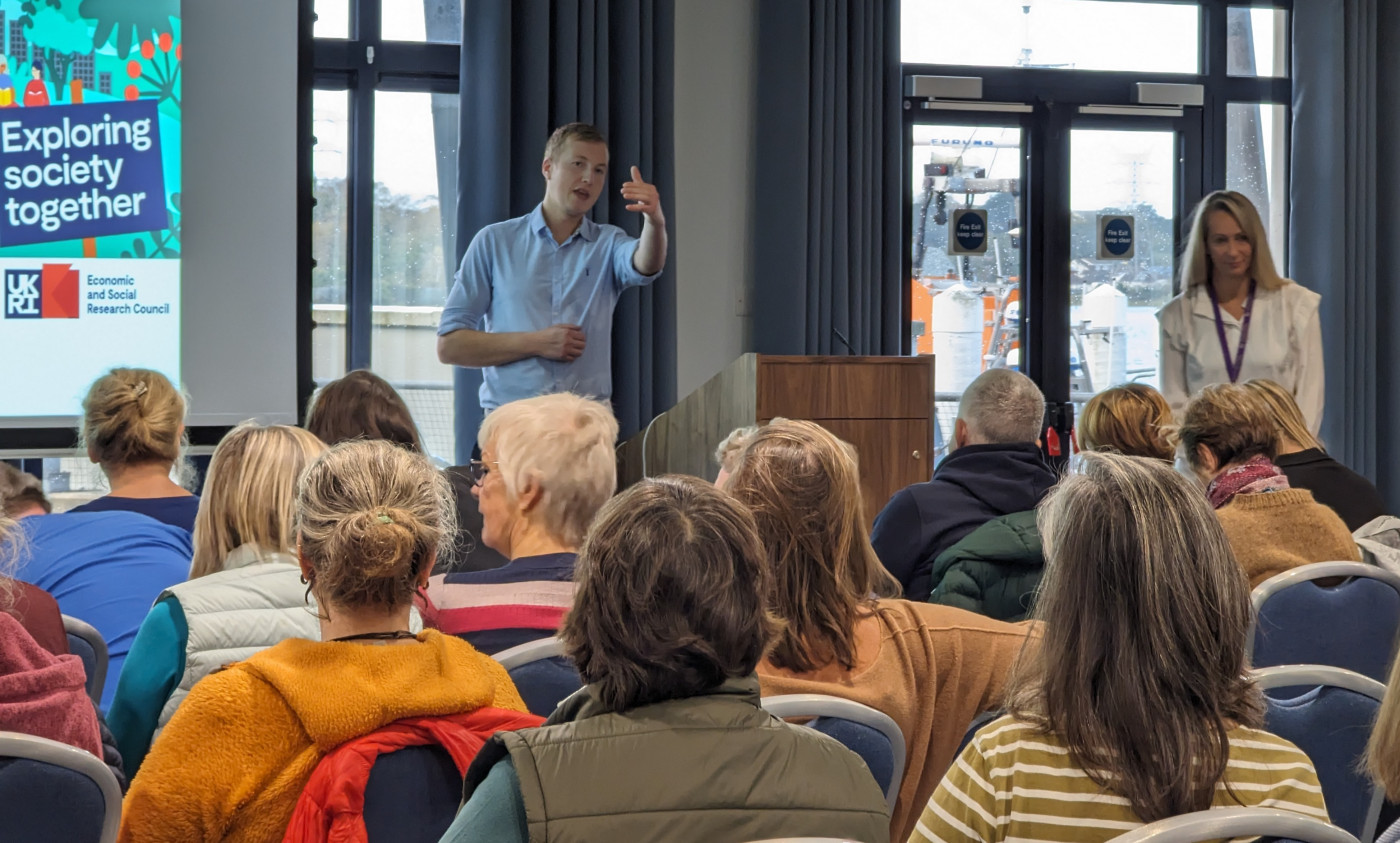
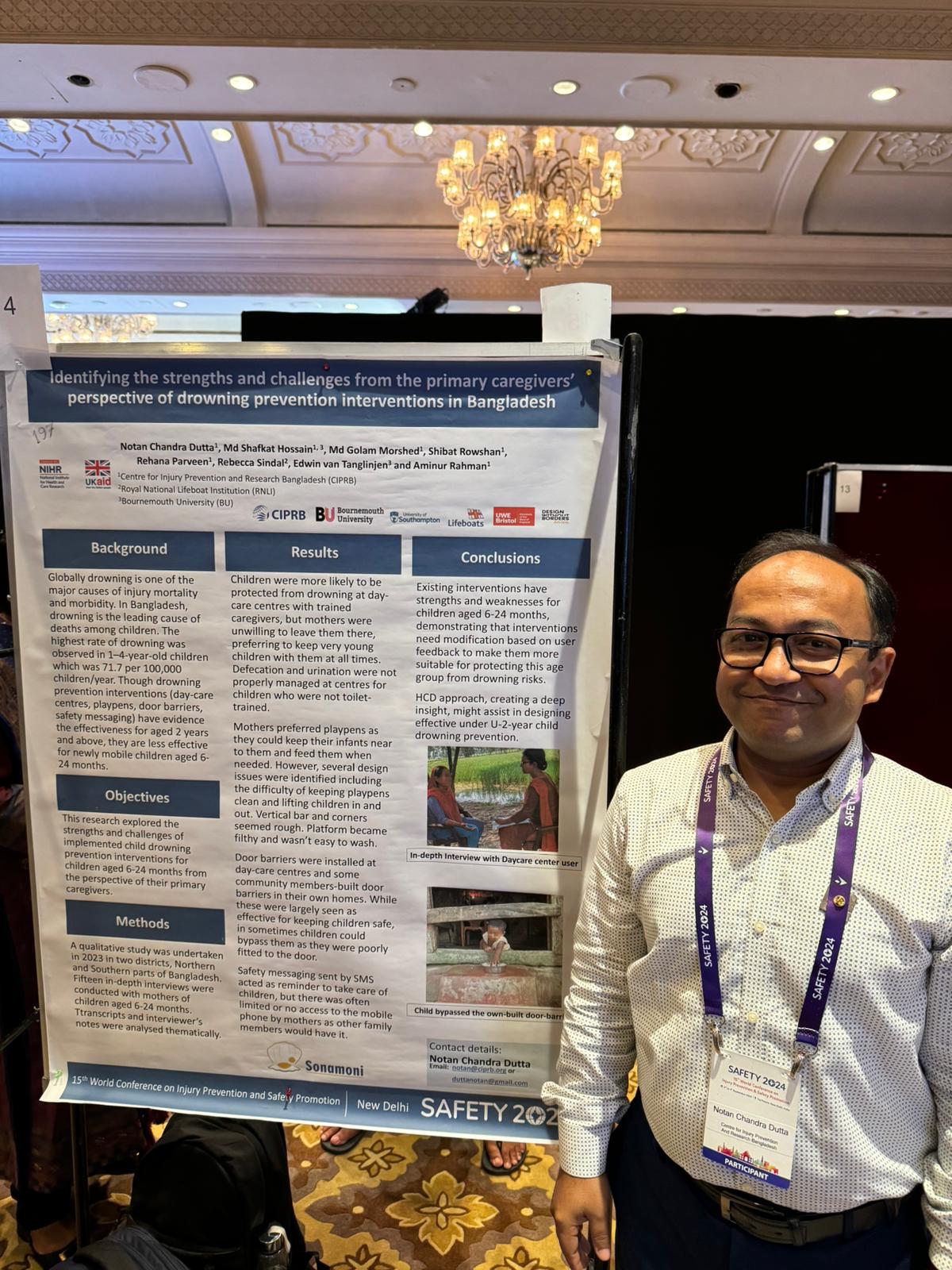


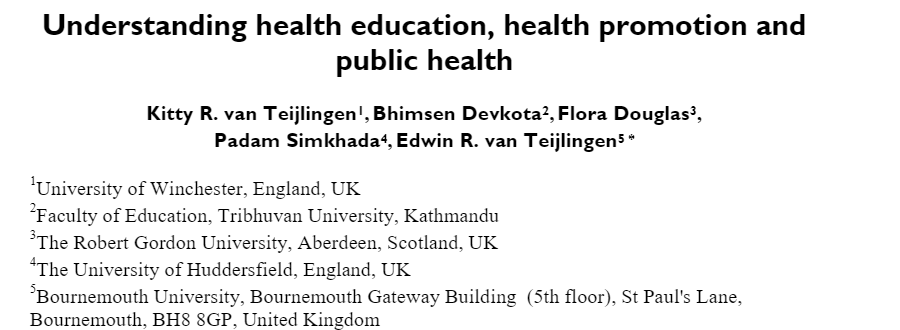
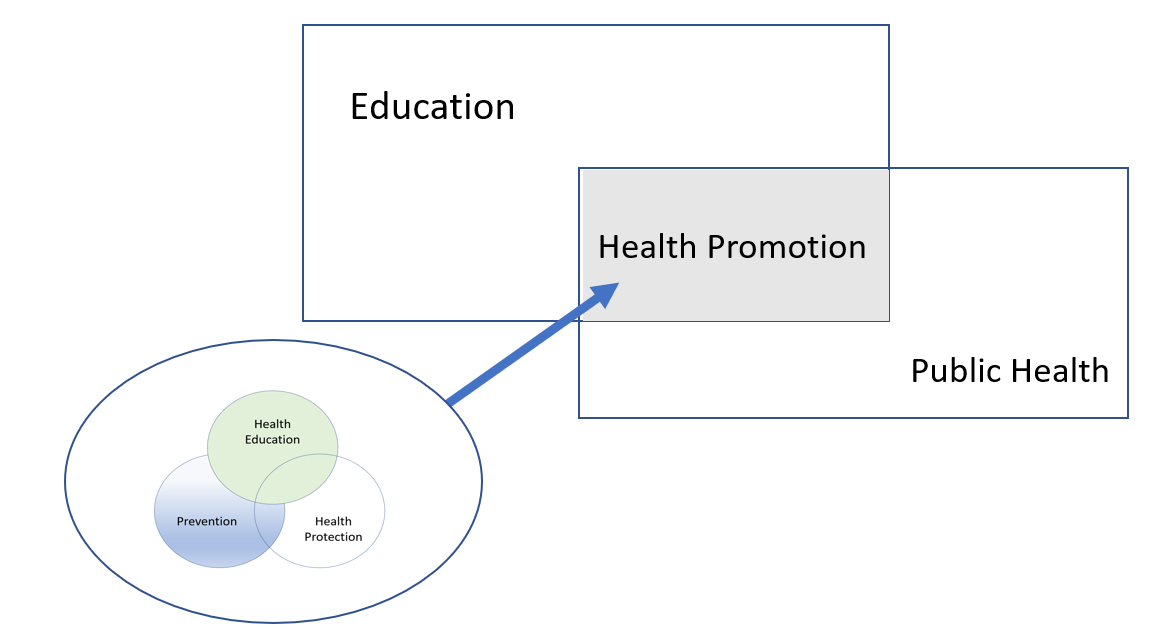













 From Sustainable Research to Sustainable Research Lives: Reflections from the SPROUT Network Event
From Sustainable Research to Sustainable Research Lives: Reflections from the SPROUT Network Event REF Code of Practice consultation is open!
REF Code of Practice consultation is open! BU Leads AI-Driven Work Package in EU Horizon SUSHEAS Project
BU Leads AI-Driven Work Package in EU Horizon SUSHEAS Project Evidence Synthesis Centre open at Kathmandu University
Evidence Synthesis Centre open at Kathmandu University ECR Funding Open Call: Research Culture & Community Grant – Apply now
ECR Funding Open Call: Research Culture & Community Grant – Apply now ECR Funding Open Call: Research Culture & Community Grant – Application Deadline Friday 12 December
ECR Funding Open Call: Research Culture & Community Grant – Application Deadline Friday 12 December MSCA Postdoctoral Fellowships 2025 Call
MSCA Postdoctoral Fellowships 2025 Call ERC Advanced Grant 2025 Webinar
ERC Advanced Grant 2025 Webinar Update on UKRO services
Update on UKRO services European research project exploring use of ‘virtual twins’ to better manage metabolic associated fatty liver disease
European research project exploring use of ‘virtual twins’ to better manage metabolic associated fatty liver disease